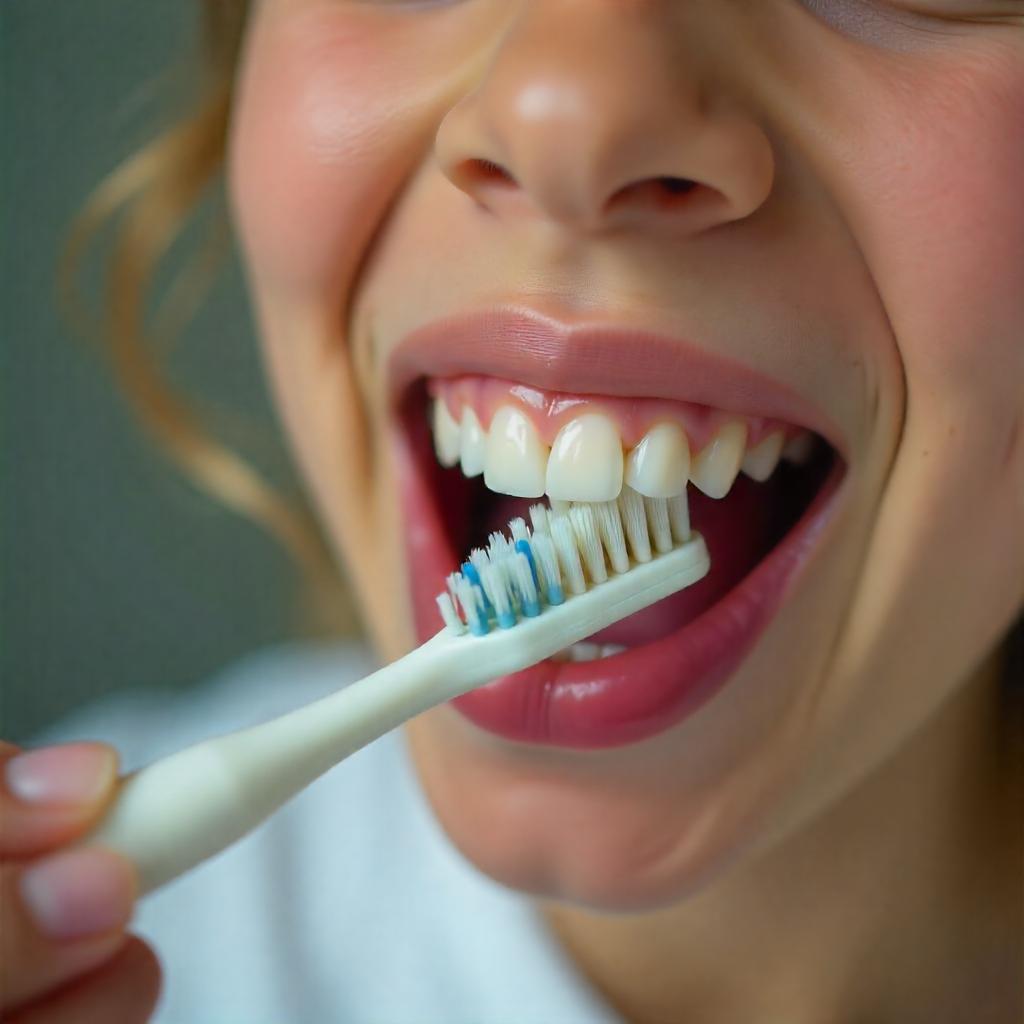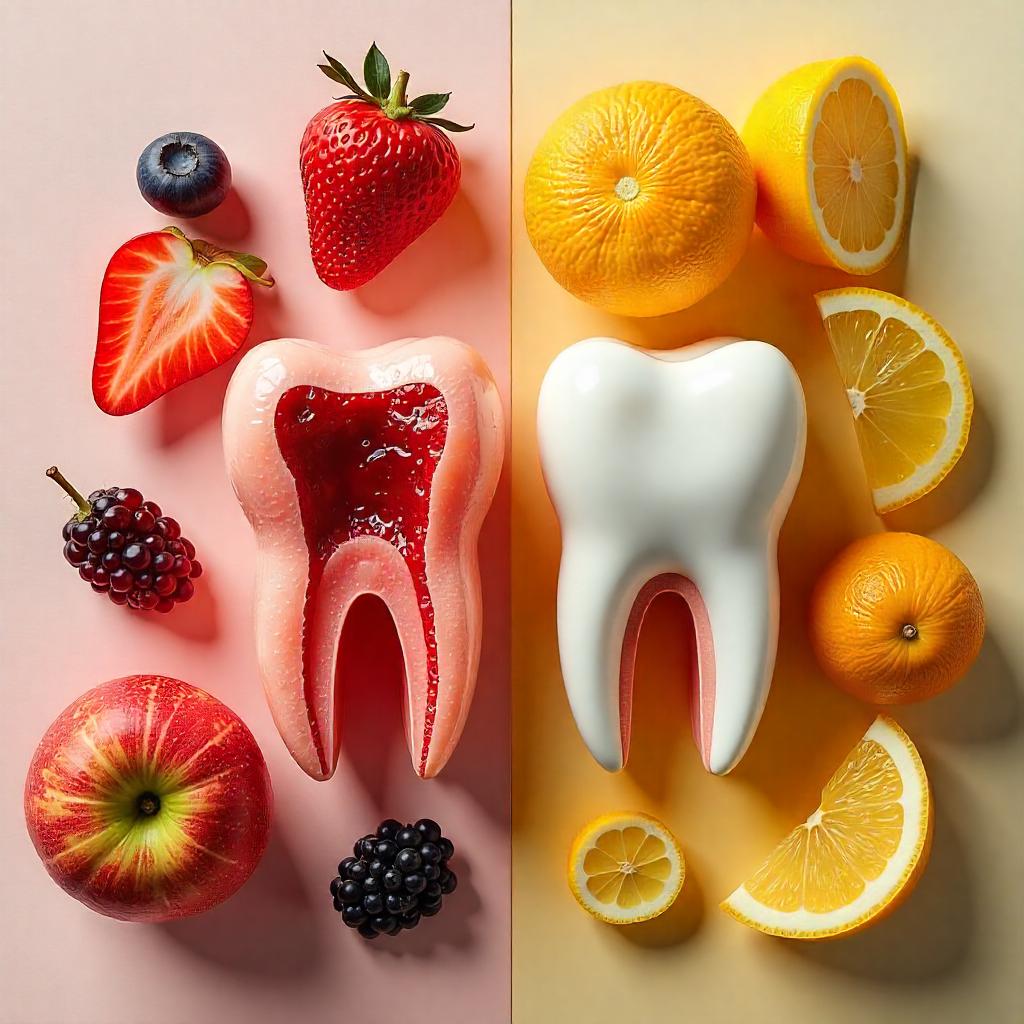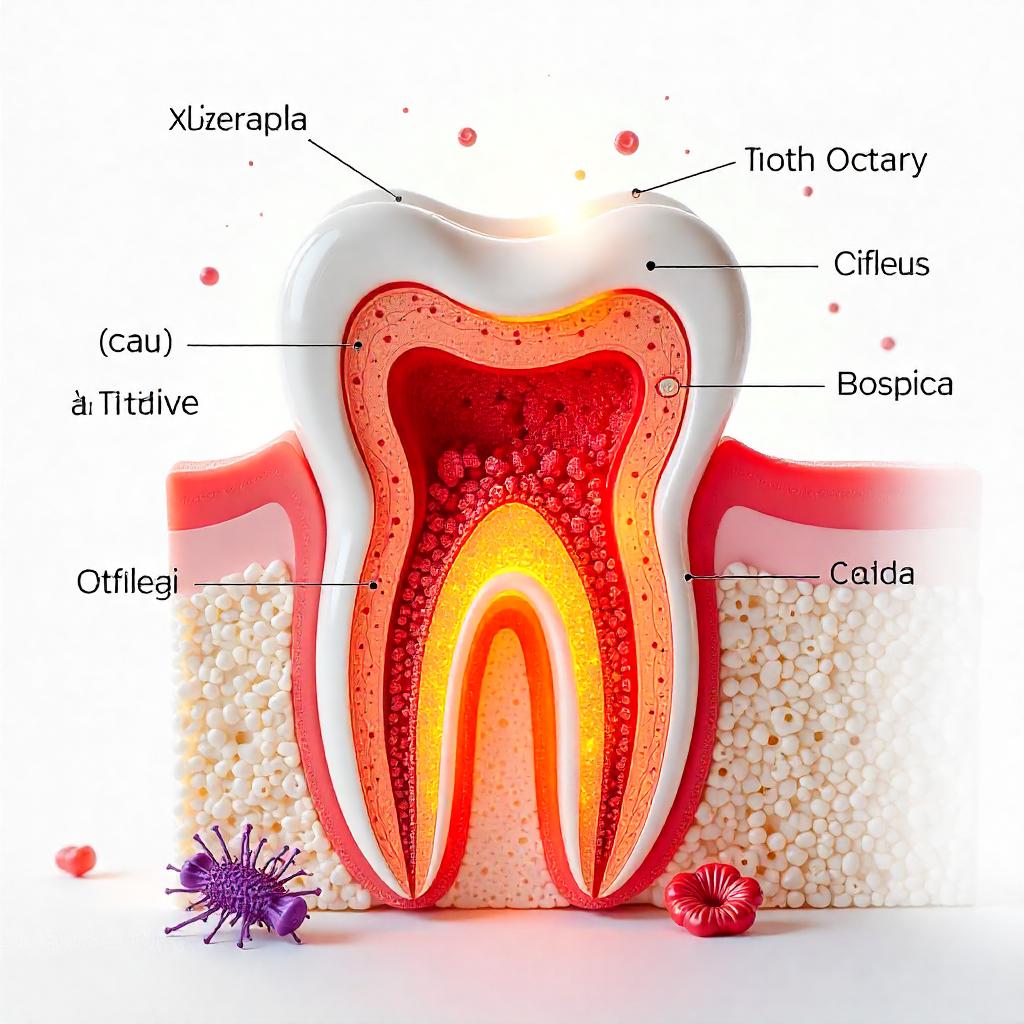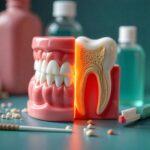Tooth decay, often known as dental caries, occurs when bacteria in the mouth produce acids that erode tooth enamel. This common problem can lead to cavities, pain, and even tooth loss if left untreated. Understanding the causes of tooth decay is essential for effective prevention and maintaining oral health. Below, we’ll explore the primary factors that contribute to tooth decay and share actionable steps to mitigate the risks.
1. Poor Oral Hygiene Practices
Neglecting proper oral hygiene is one of the leading causes of tooth decay. When plaque builds up on the teeth, it creates an environment for harmful bacteria to thrive. Over time, these bacteria produce acids that attack tooth enamel.
- Missed Brushing and Flossing
Failing to brush twice a day and floss daily allows food particles and plaque to accumulate.
- Improper Brushing Techniques
Using incorrect brushing methods or skipping teeth surfaces can leave bacteria intact.
Prevention Tip: Use a fluoride toothpaste and follow a consistent brushing and flossing routine. Pay attention to all surfaces of your teeth.

2. Dietary Habits
Diet plays a significant role in tooth decay, especially diets high in sugar and refined carbohydrates.
- Sugary Foods and Beverages
Consuming sugary snacks, sodas, and energy drinks provides bacteria with the fuel to produce enamel-damaging acids. Children and adolescents are particularly susceptible due to increased sugar intake.
- Frequent Snacking
Constant snacking doesn’t allow saliva, which neutralizes acids, to recover and rinse harmful substances.
- Acidic Foods and Drinks
Citrus fruits, pickles, and acidic beverages can directly weaken enamel over time.
Prevention Tip: Limit your intake of sugary and acidic foods. Rinse your mouth or chew sugar-free gum after meals to promote saliva production.
3. Dry Mouth (Xerostomia)
Saliva plays an essential role in neutralizing harmful acids and washing away food particles. Reduced saliva production, or dry mouth, can leave your teeth vulnerable to decay.
- Causes of Dry Mouth
Dry mouth can result from dehydration, certain medications (e.g., antihistamines, antidepressants), or medical conditions such as Sjögren’s syndrome.
- Complications
Without adequate saliva, bacteria and acids remain in contact with teeth for longer, accelerating enamel erosion.
Prevention Tip: Stay hydrated, use alcohol-free mouthwash, and consult a dentist about saliva substitutes or stimulants.
4. Plaque Build-Up and Bacteria
Plaque is a sticky film that forms on teeth when bacteria mix with food particles and saliva. When not removed promptly, plaque hardens into tartar, providing bacteria with a protective barrier.
- Harmful Bacteria
Streptococcus mutans and Lactobacillus are primary bacteria linked to tooth decay. Their colonies grow in plaque and multiply rapidly under suitable conditions, such as sugary diets.
Prevention Tip: Schedule regular dental cleanings to remove plaque and tartar beyond what brushing and flossing can achieve.
5. Gum Recession and Thin Enamel
Exposed roots due to gum recession and naturally thin enamel can increase susceptibility to tooth decay.
- Gum Recession
Receding gums expose the softer root tissue, which lacks the enamel protection found on the crown of teeth. This exposed area decays more easily.
- Weakened Enamel
Genetics, frequent acid exposure, or abrasive toothbrush use can weaken enamel, making it easier for bacteria to penetrate.
Prevention Tip: Use a soft-bristled toothbrush and avoid aggressive brushing. Incorporate dental products designed for enamel strengthening.
6. Tooth Alignment and Crowding
Misaligned or crowded teeth can create hard-to-reach areas. These spaces can trap food and plaque, making it harder to maintain oral cleanliness.
Prevention Tip: Orthodontic treatments, such as braces or aligners, can help straighten teeth and improve accessibility for proper cleaning.
7. Medical Conditions and Medications
Certain medical conditions and medications indirectly contribute to tooth decay.
- Acid Reflux
Gastroesophageal reflux disease (GERD) can expose teeth to stomach acid, wearing down enamel.
- Diabetes
Elevated blood sugar levels create a favorable environment for bacteria growth in the mouth.
- Side Effects of Medications
Many commonly used medications cause dry mouth as a side effect, increasing the risk of enamel erosion.
Prevention Tip: If you suffer from a medical condition or take medications that impact oral health, consult your healthcare provider and dentist for tailored solutions.
8. Lack of Regular Dental Checkups
Skipping dental appointments allows problems, such as early-stage tooth decay, to go unnoticed and worsen over time. Regular checkups provide opportunities for professional cleaning and early intervention.
Prevention Tip: Visit your dentist every six months, or more frequently if recommended, to maintain optimal oral health.
Latest Developments in Tooth Decay Prevention
Advancements in dental care now offer improved methods to prevent and manage tooth decay:
- Fluoride Innovations
Modern fluoride treatments include high-concentration varnishes and toothpaste designed for maximal enamel protection.
- Sealants
Dental sealants are being utilized more widely in both children and adults to cover grooves in molars where decay is likely to occur.
- Probiotic Research
Studies are exploring probiotics aimed at preventing the growth of harmful bacteria in the mouth while supporting beneficial microbes.
- AI in Dentistry
Cutting-edge AI tools now detect early signs of tooth decay from dental scans, improving treatment accuracy.

Preventing Tooth Decay in Daily Life
Preventing tooth decay requires a proactive approach to oral hygiene and healthy habits. Here are actionable tips:
- Brush and floss twice daily.
- Visit your dentist regularly for professional cleanings and checkups.
- Avoid frequent consumption of sugary and acidic foods.
- Stay hydrated to support saliva production.
- Use fluoride dental products to strengthen enamel.
- Address medical issues, such as dry mouth or acid reflux, that contribute to decay risks.
By making these strategies part of your routine, you can significantly reduce the likelihood of tooth decay and maintain a healthy, confident smile.
Final Thoughts
Tooth decay is a preventable condition that starts with small, manageable changes in daily habits. By understanding and addressing its causes—whether dietary, lifestyle-related, or health-induced—you can protect your teeth for the long term. Regular dental visits, proper oral hygiene, and mindful eating can collectively keep decay at bay. Start today for a healthier tomorrow.



